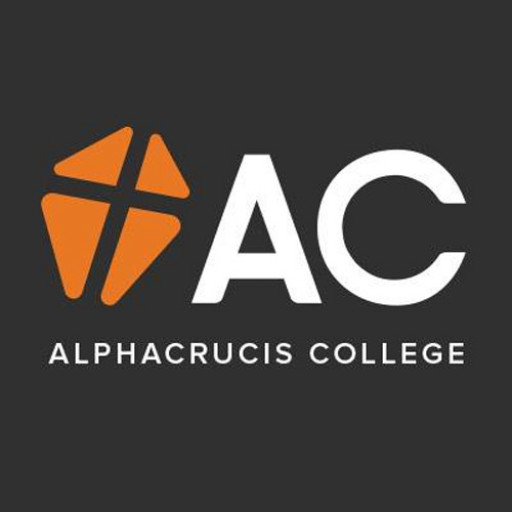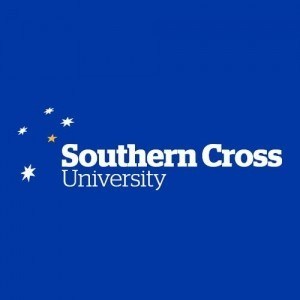Photos of university / #unimelb
The Master of Instructional Leadership at The University of Melbourne is a comprehensive postgraduate program designed to equip educational leaders with the knowledge, skills, and expertise necessary to drive positive change within learning environments. This program is tailored for current and aspiring school leaders, administrators, and educators who are committed to enhancing teaching quality and student outcomes through effective leadership practices. The curriculum covers a broad spectrum of topics, including curriculum development, educational policy, leadership theories, change management, and innovative instructional strategies. Students will explore contemporary issues in education, such as technology integration, inclusive education, assessment practices, and community engagement, ensuring they are well-prepared to address the challenges of modern educational settings.
Throughout the program, learners will engage in both theoretical grounding and practical applied learning, including case studies, leadership simulations, and collaborative projects. This balanced approach aims to develop strategic thinking, decision-making skills, and ethical leadership qualities essential for influential instructional leadership roles. The program places a strong emphasis on fostering reflective practice, professional growth, and a deep understanding of the social, cultural, and political factors impacting education today. Participants will also have opportunities for networking with fellow education professionals, participating in workshops, seminars, and internships that enrich their leadership capabilities.
Graduates of the Master of Instructional Leadership will be prepared to take on leadership roles across diverse educational settings, including schools, educational agencies, and policy institutions. They will emerge as change agents committed to fostering environments of continuous improvement, innovation, and shared vision. The University of Melbourne’s distinctive academic faculty and its strong connections to the education sector ensure that students receive high-quality instruction grounded in current research and professional practice. This program not only enhances individual career prospects but also contributes significantly to the development of effective, equitable, and inspiring educational leadership that can positively influence communities and society at large.
Australian Institute for Teaching and School Leadership National Professional-standard for Principals.
- Honours degree in Education or a graduate diploma from the Instruction field
- Or appropriate four-year Level, or equivalent, and two years' documented, relevant professional experience
The University of Melbourne offers a range of financing options for students pursuing the Instructional Leadership program, designed to support their educational and living expenses throughout their studies. Prospective students can explore several funding avenues, including government-funded schemes, scholarships, and financial aid programs. The Commonwealth Supported Place (CSP) provides subsidized tuition fees for eligible domestic students, reducing the overall cost of the program. International students are typically responsible for full tuition fees, which vary depending on the specific course and enrollment status.
Additionally, the university offers a variety of scholarships to both domestic and international students based on merit, need, or specific criteria related to the program of study. These scholarships can significantly offset tuition costs and sometimes include stipends for living expenses. Examples include the Melbourne Graduate Scholarship and Faculty-specific awards, which are highly competitive but provide substantial financial support. Students are encouraged to apply early and meet all scholarship deadlines to maximize their chances of securing funding.
Students can also explore external scholarships and grants offered by government agencies, private foundations, and local communities. The Australian government provides loan schemes such as the HELP (Higher Education Loan Program) for eligible students, allowing them to defer payment of tuition fees until they are earning a sufficient income after graduation. This can make studying more accessible by easing upfront financial burdens.
Part-time work opportunities are available on campus or in nearby areas, helping students supplement their income during their studies. The university’s career services can assist students in finding part-time employment aligned with their schedules. Furthermore, financial planning and advice services are available to help students budget effectively and manage their educational expenses. Overall, the university endeavors to make the Instructional Leadership program financially accessible through a comprehensive suite of funding options, ensuring that students can focus on their academic and professional development without undue financial strain.
The Master of Instructional Leadership at The University of Melbourne is a comprehensive postgraduate program designed to prepare educational professionals for leadership roles within schools and other learning environments. The program focuses on developing advanced skills in instructional strategies, curriculum design, assessment methods, and educational leadership. Students explore contemporary issues in education, including inclusive education, digital learning, and policy development, enabling them to implement innovative practices that enhance student outcomes. The curriculum combines theoretical frameworks with practical applications, encouraging students to analyze and influence educational change effectively. Throughout the course, students engage with experienced educators and researchers, participate in collaborative projects, and undertake research that contributes to the field of instructional leadership. The program aims to foster professional growth, critical thinking, and decision-making capabilities, equipping graduates to lead instructional initiatives that promote equity, excellence, and lifelong learning. Graduates are prepared for leadership positions such as instructional coordinators, curriculum developers, and educational consultants, within diverse educational settings. The University of Melbourne provides a rich learning environment supported by state-of-the-art facilities, experienced academic staff, and a vibrant academic community. The program can be completed full-time or part-time, offering flexibility to accommodate working professionals. Entrance requirements typically include a relevant undergraduate degree and relevant work experience in education. The program's duration varies depending on the mode of study, generally taking one to two years. Overall, the Master of Instructional Leadership combines rigorous academic coursework with practical leadership training, reflecting the university's commitment to advancing excellence in education and preparing future leaders capable of making significant contributions to the field of education.








